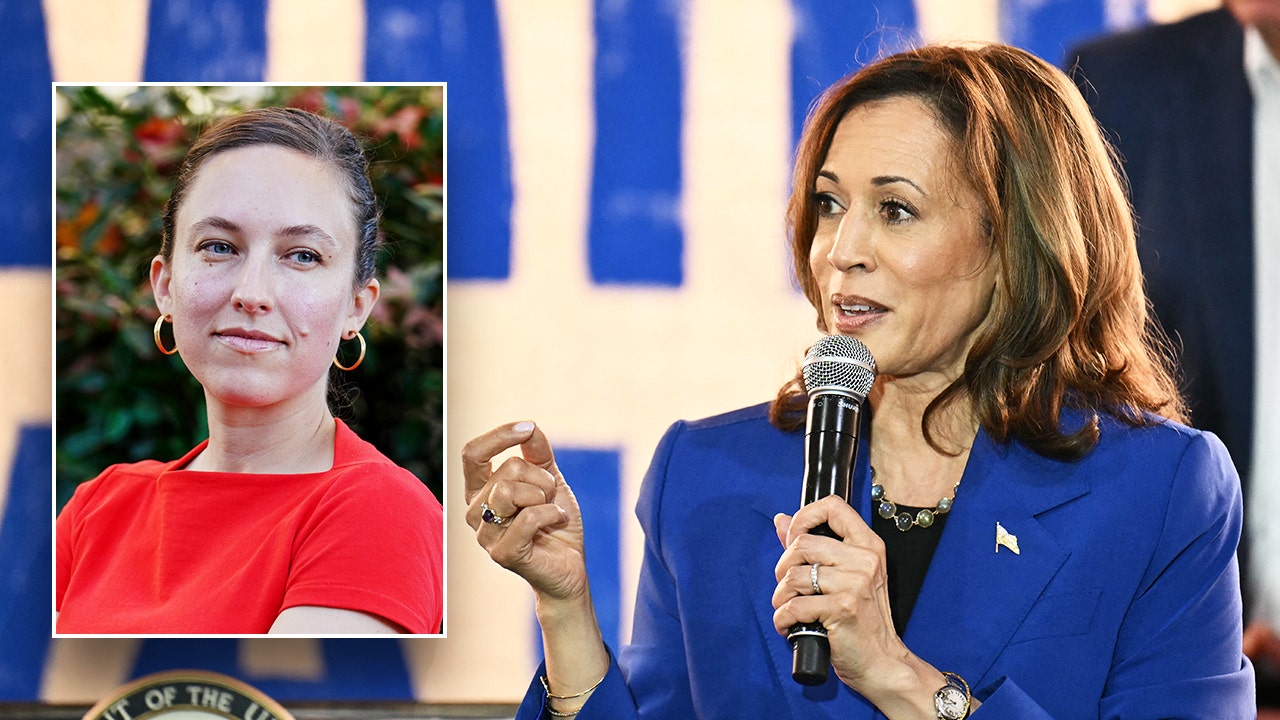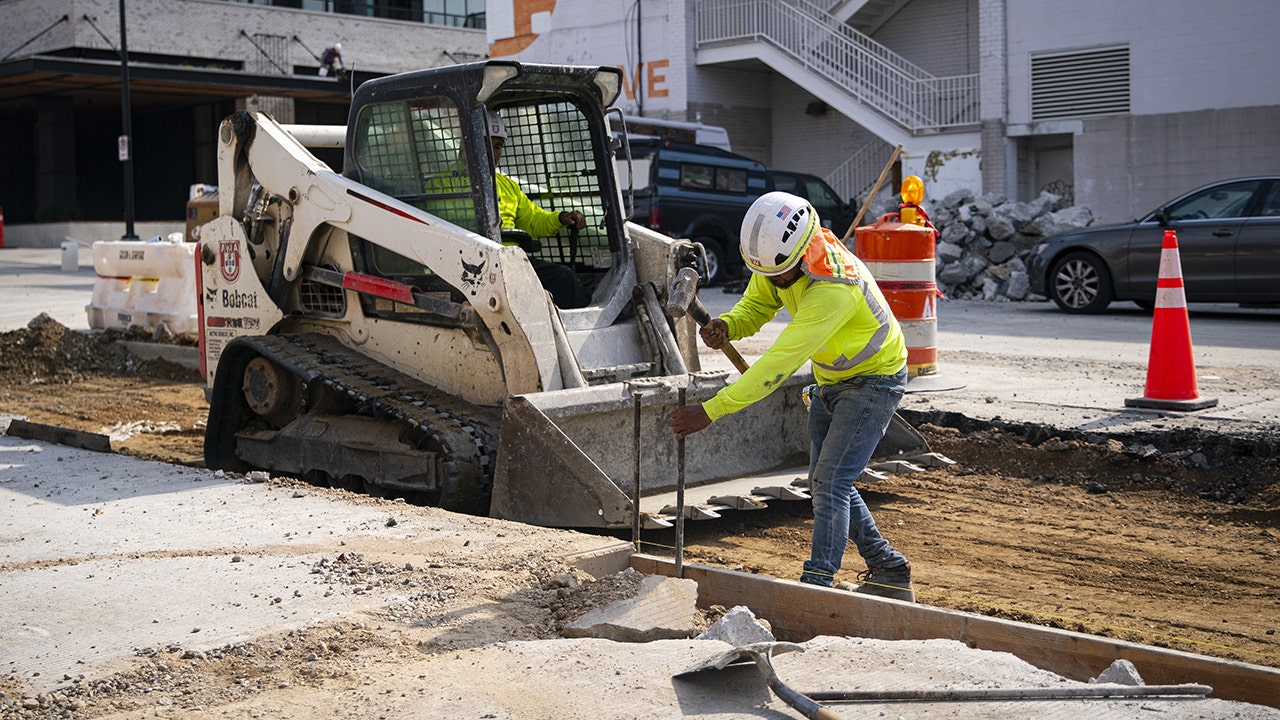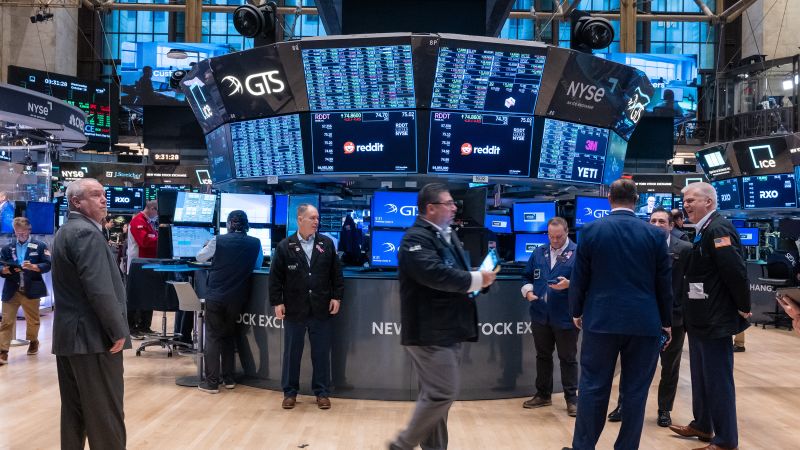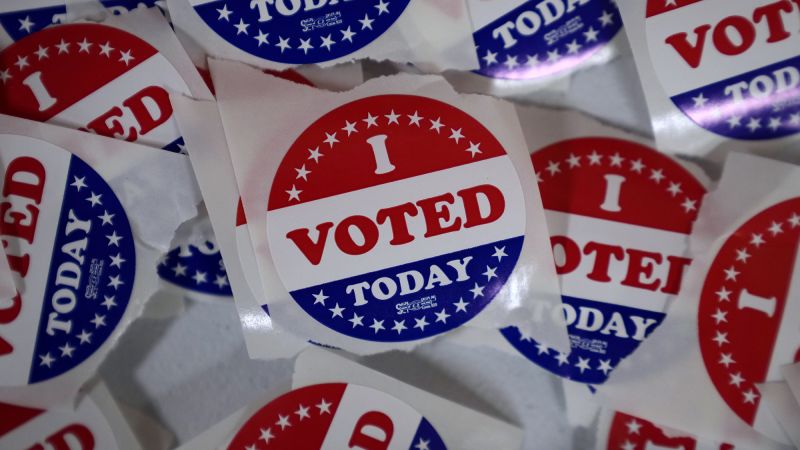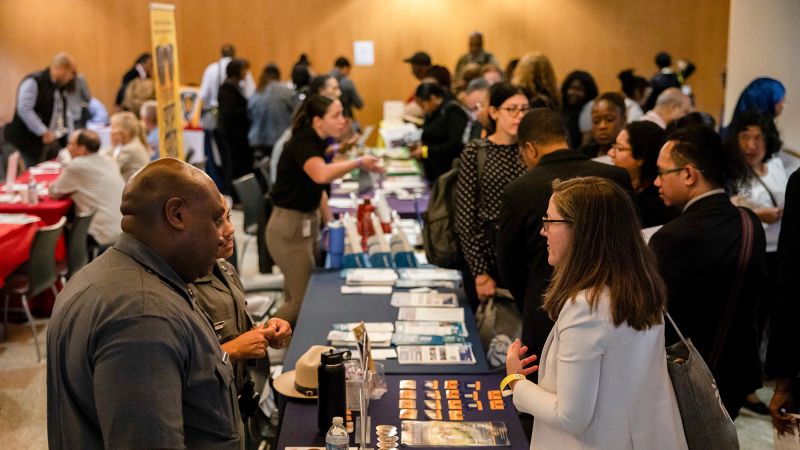The gap between the new and used auto markets is wider than ever, new data from Edmunds shows.
The car shopping guide’s latest analysis released this week found the average price difference between new and used vehicles has topped $20,000 for the first time ever, with the average new vehicle selling for $47,542 in the third quarter, compared to $27,177 for a used car.
Edmunds said used car prices fell 6.2% last quarter compared to a year ago, but the declines are not much of a relief for consumers, given that the average used vehicle price is still up 31.4% from the third quarter in 2019.
AMERICANS SHIFT TO MORE AFFORDABLE CARS AS PRICES, INSURANCE COSTS INCREASE NATIONALLY: REPORT
The author of the study, Edmunds director of insights Ivan Drury, told FOX Business, “Used values are coming down at a steady pace, but are nowhere near a freefall as there is increased demand from shoppers who intended to purchase a new car but can’t afford one, and at the same time the used supply is constrained due to fewer trade-ins on new car sales, rental agencies aren’t selling as many nearly new used cars and off-lease isn’t supplying as many vehicles into the market.”
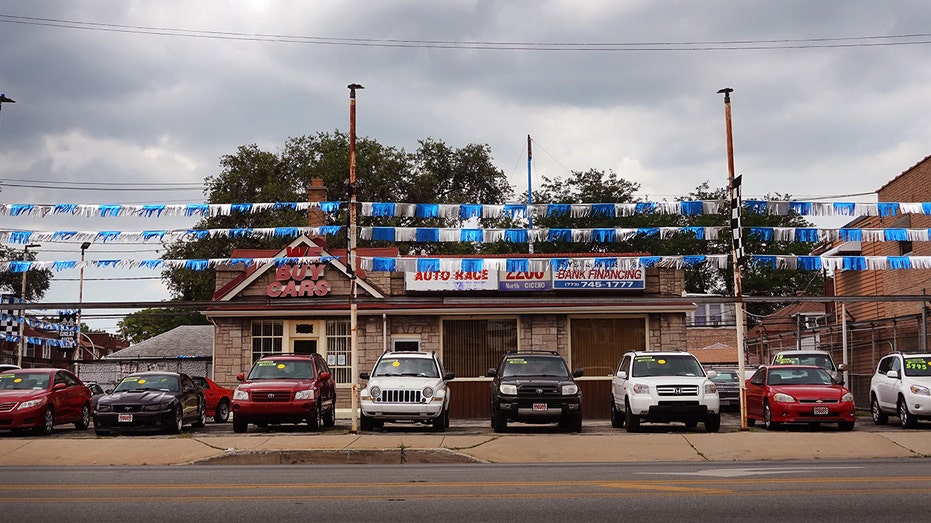
He explained that the used market is seeing the largest decreases in value concentrated on the newest used cars, because the number one competitor to a near-new used car is the brand-new version on the other side of the lot. As new car incentives have begun to increase, this is causing a trickle-down effect on used pricing.
FEWER YOUNG PEOPLE ARE CHOOSING TO BUY OR DRIVE CARS, SEEKING TO AVOID ‘FINANCIAL BURDEN’: REPORT
Dealerships are seeing higher turnover for used cars, too. The data found used vehicles are sitting on the lot an average of 36 days before they are sold.
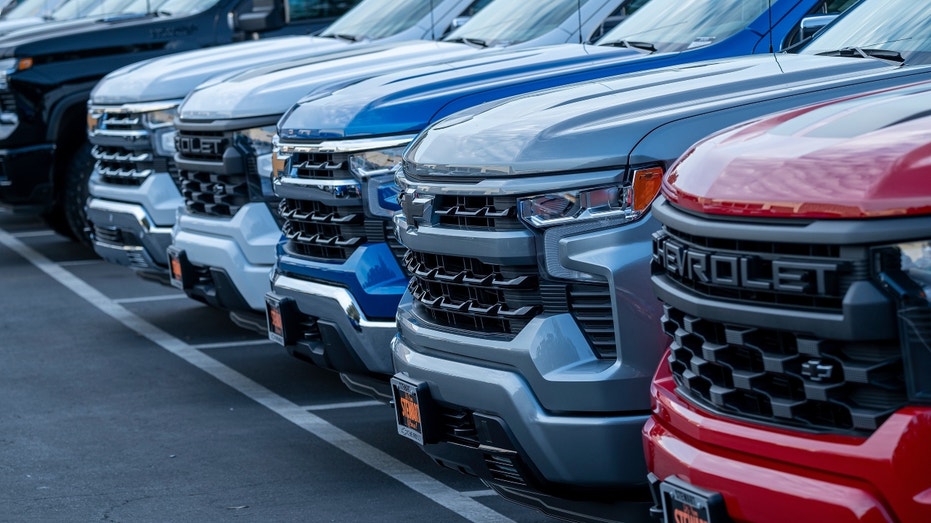
New cars, by comparison, are taking an average of 57 days to turn — the longest in more than three years. That means the average discount for new vehicles, which climbed to $1,744 last quarter, could continue to rise as automakers look to move inventory faster.
Drury said the increasing lot times are coinciding with the 2024 model year selldown as well as the push for year-end sales.
“This will lead to increased incentives, but it will be up to the automakers to determine if those incentives will be cash on the hood, special finance offers or subsidized leasing,” Drury explained. “Each approach appeals to a different consumer, but the overall theme is that savings are just around the corner.”
